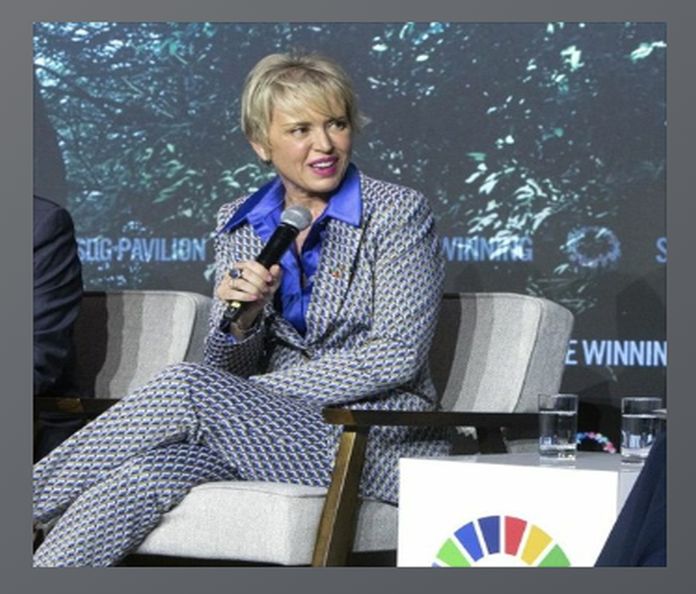– The enormous potential of GPT4 caught the popular imagination in 2023, with its ability to generate texts in a range of styles, in response to written prompts.
But many expressed concern about the jobs that might be lost, the ease with which bad actors could produce highly convincing misinformation and, in a coming year full of elections, the risks AI could pose to democracy itself.
GENEVA, Switzerland – New guidance from the World Health Organization (WHO) aims to ensure appropriate use of generative artificial intelligence (AI) such as ChatGPT across healthcare.
The software is an example of a fast-growing technology known as large multi-modal models (LMMs), which includes other platforms such as Bard and Bert.
LMMs can accept one or more types of data prompts – text, videos, and images, for example – and generate outputs that are not limited to the type of data inputted.
They are unique in their mimicry of human communication and ability to carry out tasks they were not explicitly programmed to perform.
Risk analysis
WHO said generative AI technologies have the potential to improve healthcare but only if their associated risks are taken into consideration.
The guidance outlines five broad applications of LMMs for health, such as responding to patients’ written queries and documenting patient visits within electronic health records.
Risks can include producing false, inaccurate, biased or incomplete statements, which could cause harm.
Furthermore, LMMs may be trained on data that are of poor quality or biased, whether by race, ethnicity, ancestry, sex, gender identity, or age.
WHO underlined the need for engagement among governments, tech companies, healthcare providers, patients, and civil society to ensure that the technology is safe and effective.

Centre human rights within global financial overhaul
Human rights must be integrated into the heart of the international financial architecture if the world is to achieve sustainable development for all, UN human rights chief Volker Türk said on Thursday in Geneva.
The aftermath of the COVID-19 pandemic has revealed how the system established 80 years ago has not protected countries from deep economic and financial crisis.
Progress towards achieving the Sustainable Development Goals (SDGs) by 2030 has also been knocked off course.
Recalling that the UN Secretary-General has repeatedly pushed for reform of the international financial system, Turk said “infusing the values and protections provided by human rights into this overhaul is critical.”
He outlined areas for action, starting with a “massive injection” of finance to get the SDGs back on track.
Focus should be on providing concessional financing, or loans with much lower interest rates and longer and fairer borrowing terms.

Conor Lennon from UN News asks Carme Artigas, Spain’s first-ever Secretary of State for Digitalization and AI, and co-chair of the UN’s AI Advisory Body, if 2023 was the year the world finally woke up to the need to regulate the technology, and the potential threats it poses to democracy next year, when millions will go to the polls.
Listen: Will the world get to grips with AI in 2024?
Audio credit: UN News/ Conor Lennon
Photo credit: UN Partnerships/ Pier Paolo Cito





